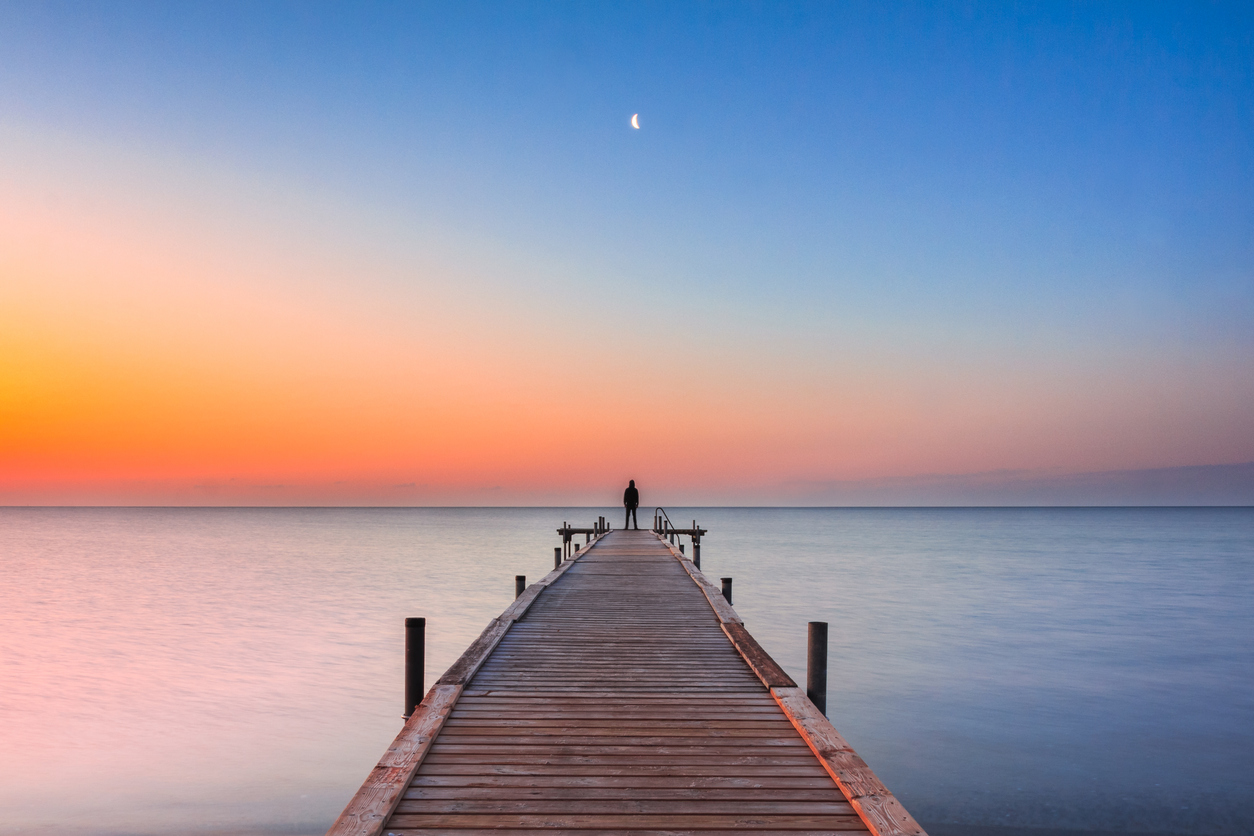
Factors to Look at When Constructing a New Dock
September 6, 2022
There are many factors to consider when constructing a new dock for an area near the water, and ensuring it is safe. A dock is one of the most critical features of any waterfront property. Whether a marina or a cabin, a well-designed dock greatly enhances visual appeal and the property’s value.
But docks also serve many valuable functions. They allow boats to quickly approach the shore and venture back into the water. Additionally, they are a convenient space for sunbathing and lounging and a place to tie water vessels and leisure craft. Building a dock is essential for marine manufacturers and anyone planning to spend a lot of time in or near the water.
Constructing a new dock also requires planning and knowledge about construction basics as simple as docks are. These factors could distinguish between a practical and aesthetically pleasing dock and one that detracts from the surroundings and poses a safety risk.
There are things to keep in mind when building a new dock from scratch or restoring a rundown one:
Choose an Appropriate Design
Some designs work better than others. Docks generally fall into two major categories: stationary and floating. Thus, constructing a dock can filter into two different ways.
Stationary docks are for permanent installation. Commonly known as ‘piling’ docks, builders construct them on concrete or wooden piles embedded in the lake or sea bottom.
The main advantages of stationary docks are their strength, durability, and stability. These qualities make them suitable for areas that frequently experience extreme weather conditions.
As the name implies, floating docks float on the water’s surface. It makes them more versatile than stationary docks. Because they rise and fall with the water level, dock users don’t have to worry about the increased drop from the deck to the water’s surface, which is a common problem during the dry season.
Furthermore, the semi-permanent design means floating docks can be removed and stored. It can be a plus during winter when the cold and ice could damage a stationary dock.
Design Based on the Geographical Features
Before deciding on the dock’s design and features, assessing the area’s geographical features is a good idea. In particular, inspecting the lake bed and determining the water depth during high and low tides is essential.
Assessing the area’s geographical features is especially crucial for a stationary dock. Because they are fixed builds that don’t rise and fall with the water level, they will be more affected by the changing conditions than floating docks.
Most experts agree that flat and sandy underwater surfaces are best suited for building docks. Rough and rocky bottoms or those with a considerable depth variance from the shore to the end of the dock can cause many problems.
Builders should also remember that water levels at a lake typically rise and decline, either naturally or due to artificial conditions. If the difference in water depth isn’t significant, a stationary deck design shouldn’t pose any problems. On the other hand, if the bottom is rocky or the water depth varies widely, it might be better to go for a floating dock.
Invest in Quality Materials
Opting for high-quality materials is essential for ensuring the durability and longevity of the dock. The better the materials used in construction, the longer the dock will last.
Pressure-treated (PT) wood, aluminum, and aluminum composites are the best materials for building docks. More recent designs use modified wood, which is highly durable and looks great.
Conclusion
Docks don’t necessarily have to be fancy or expensive. In many cases, simple designs provide the best combination of functionality and visual appeal that sets a waterfront proper apart.
If there is one thing that anyone can learn from all this, it is the importance of using durable materials that are proven to last. Professional design and solid construction will ensure a quality dock that will stand the test of time.
About Merrimac Marine Insurance
At Merrimac Marine, we are dedicated to providing insurance for the marine industry to protect your clients’ business and assets. For more information about our products and programs, contact our specialists today at (800) 681-1998.
